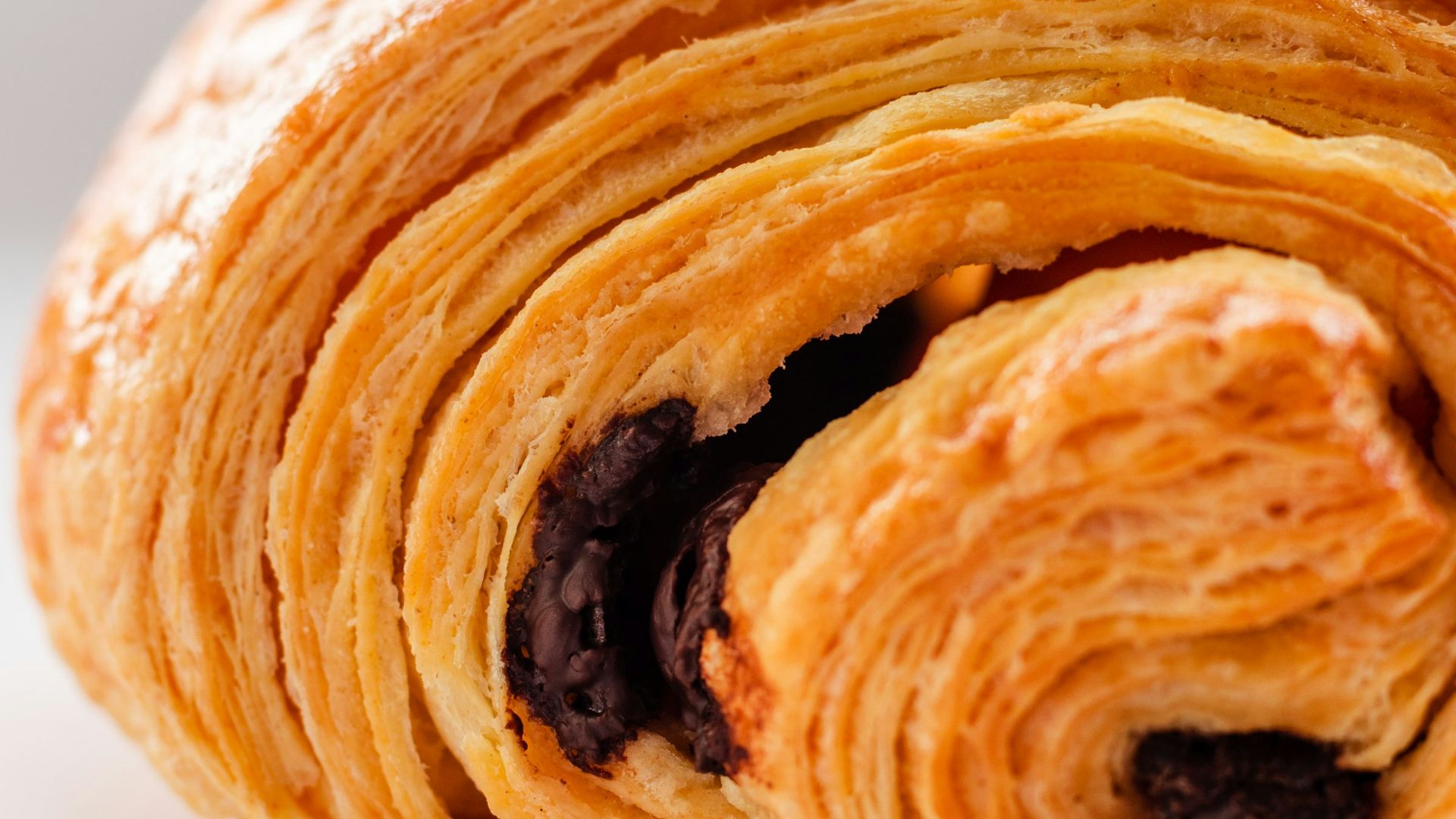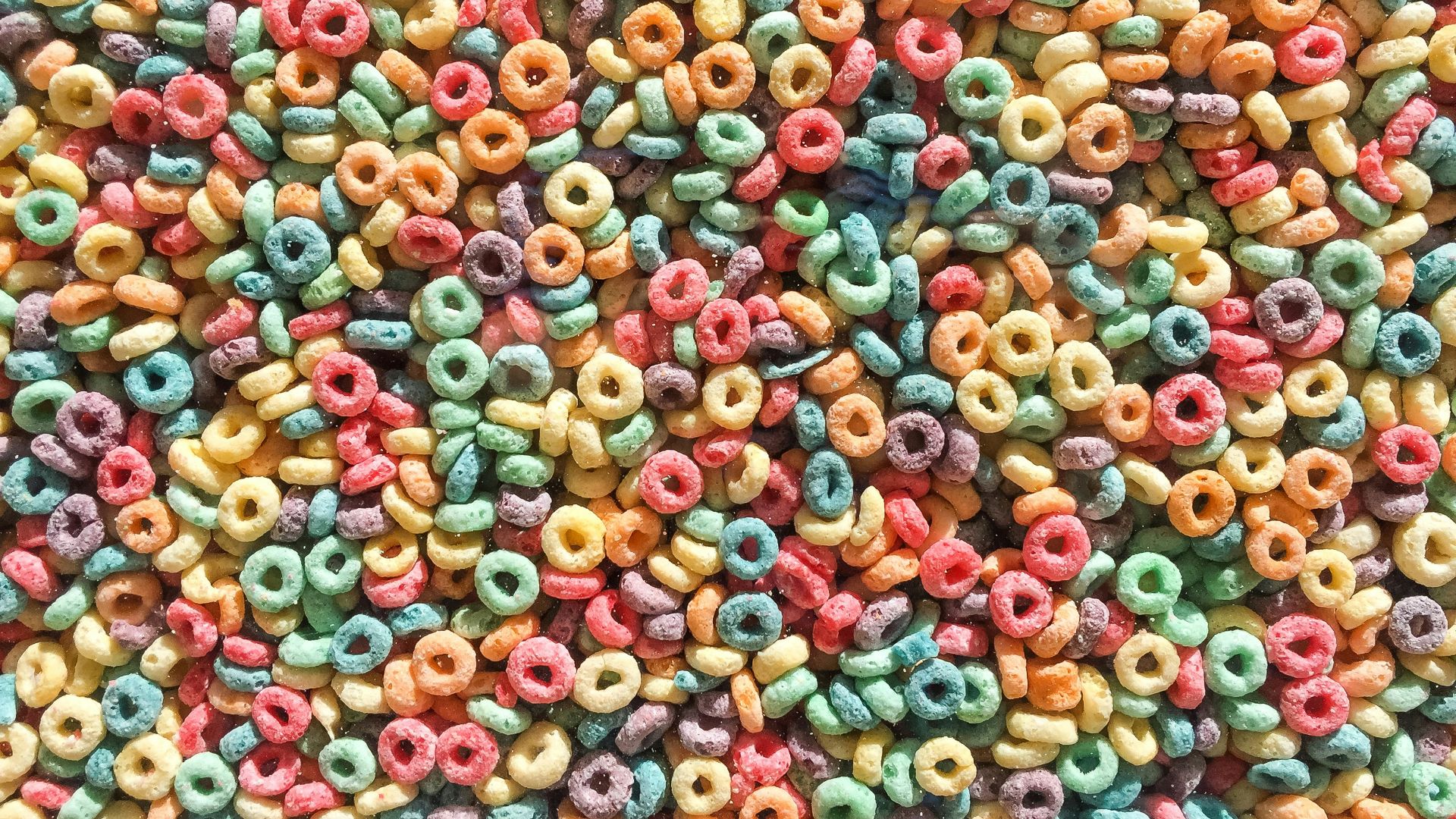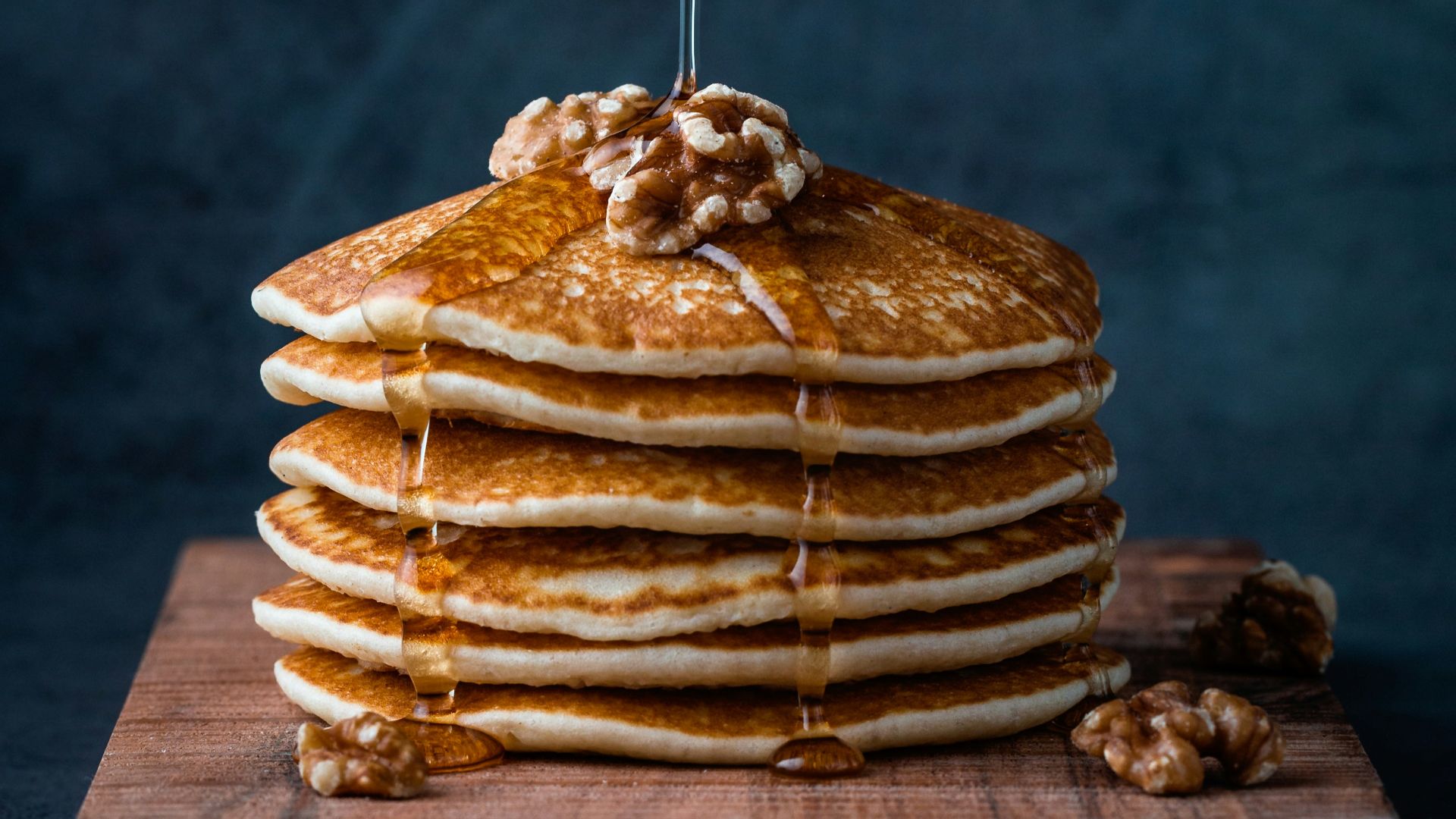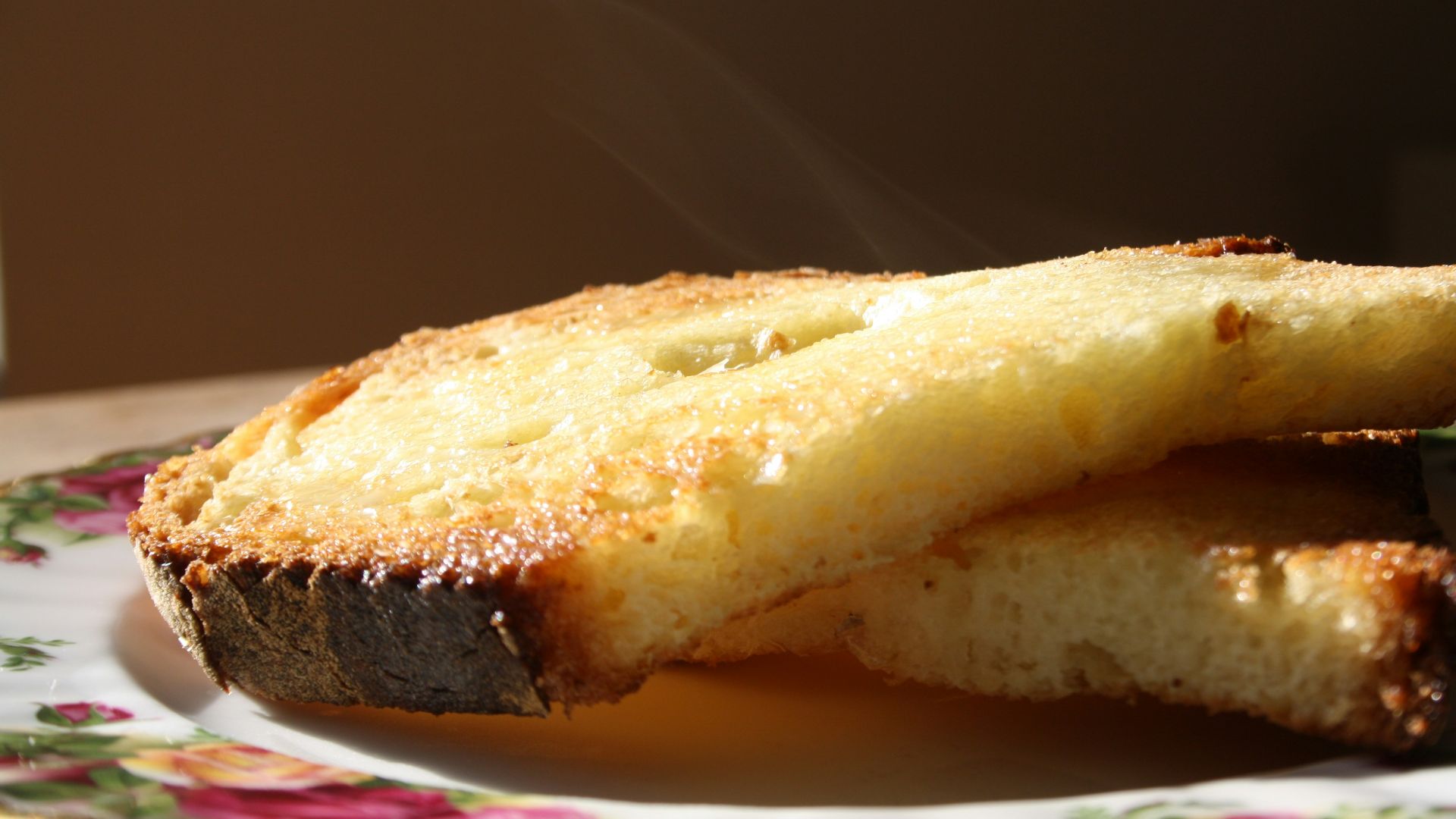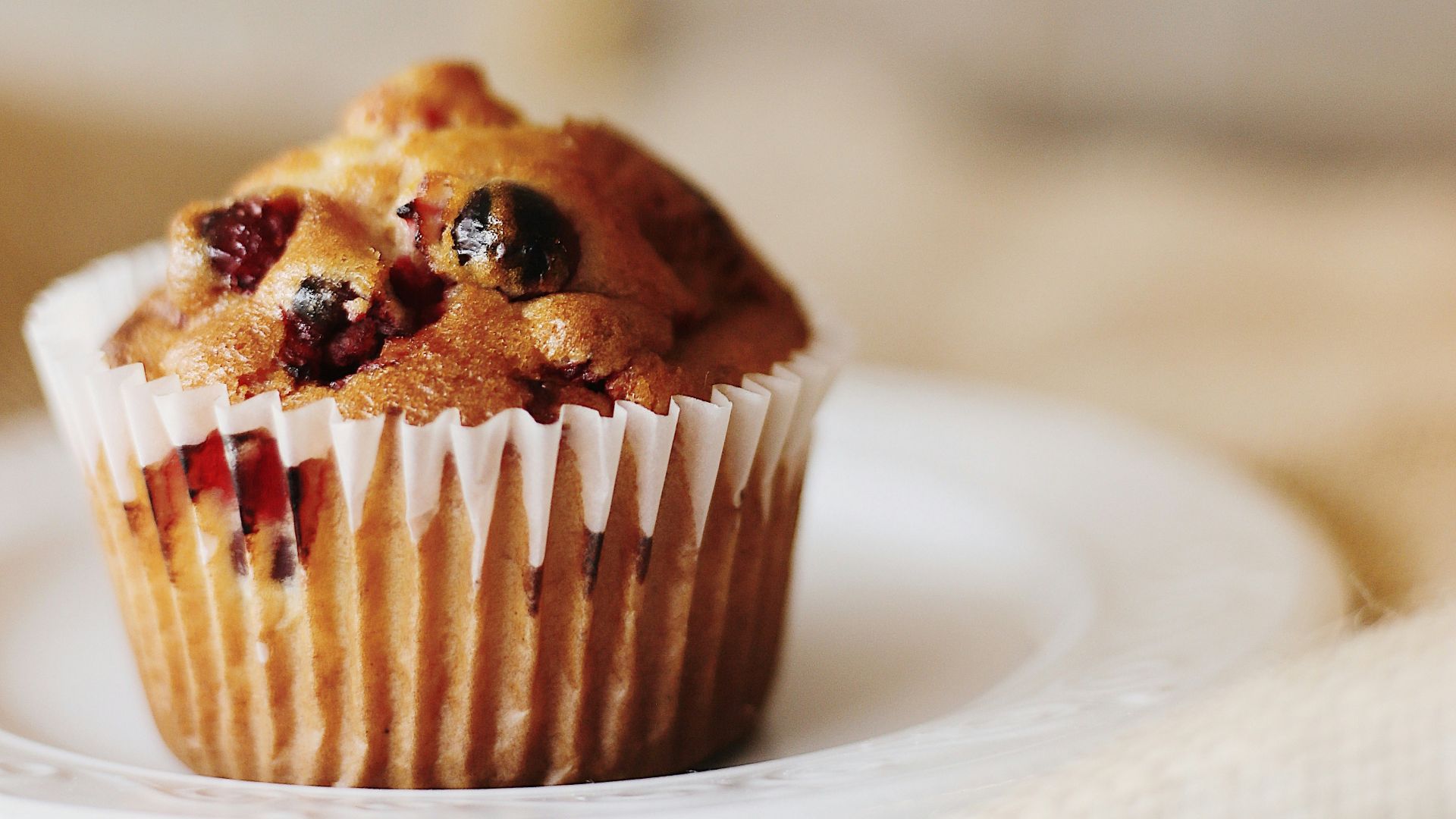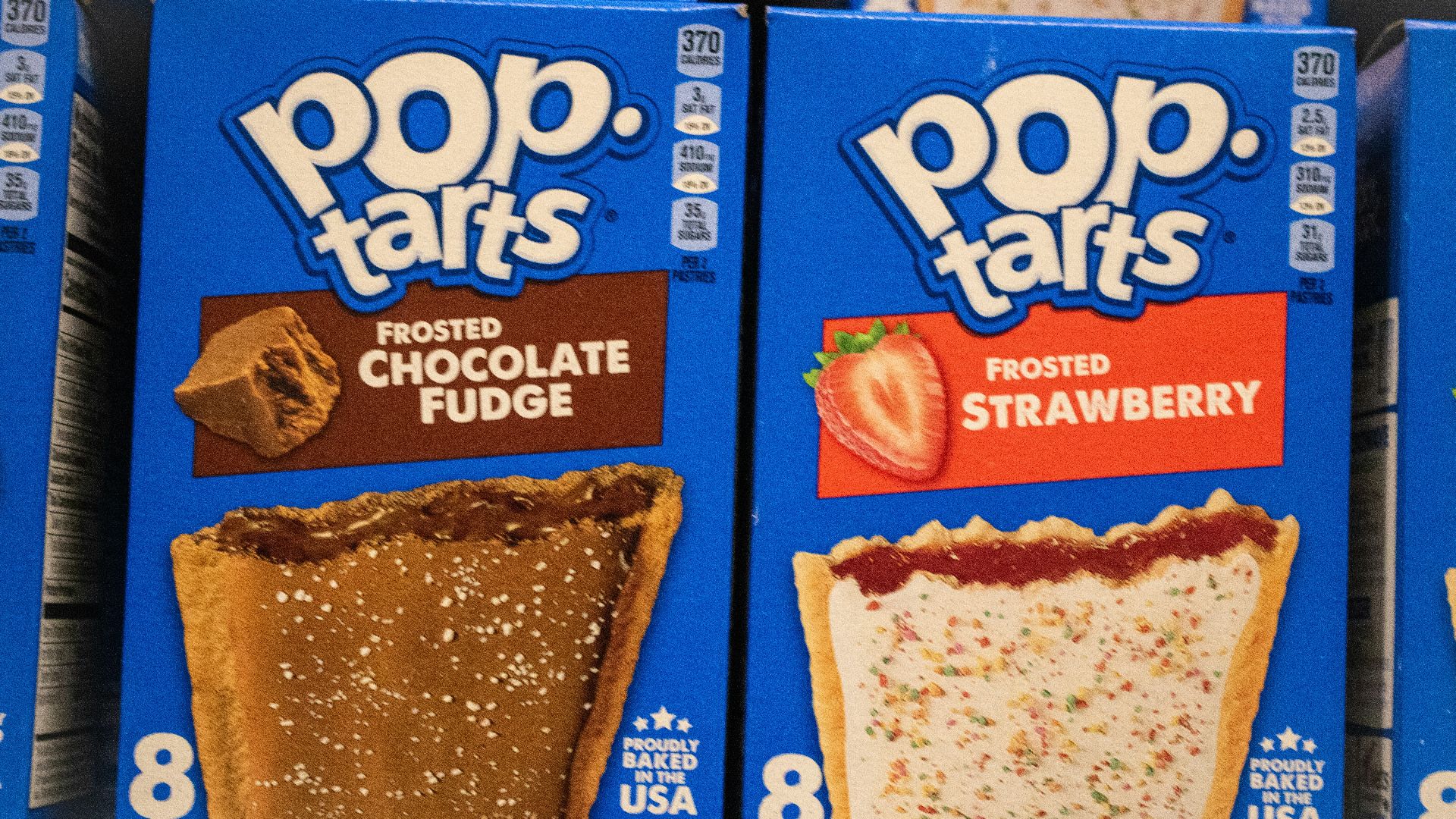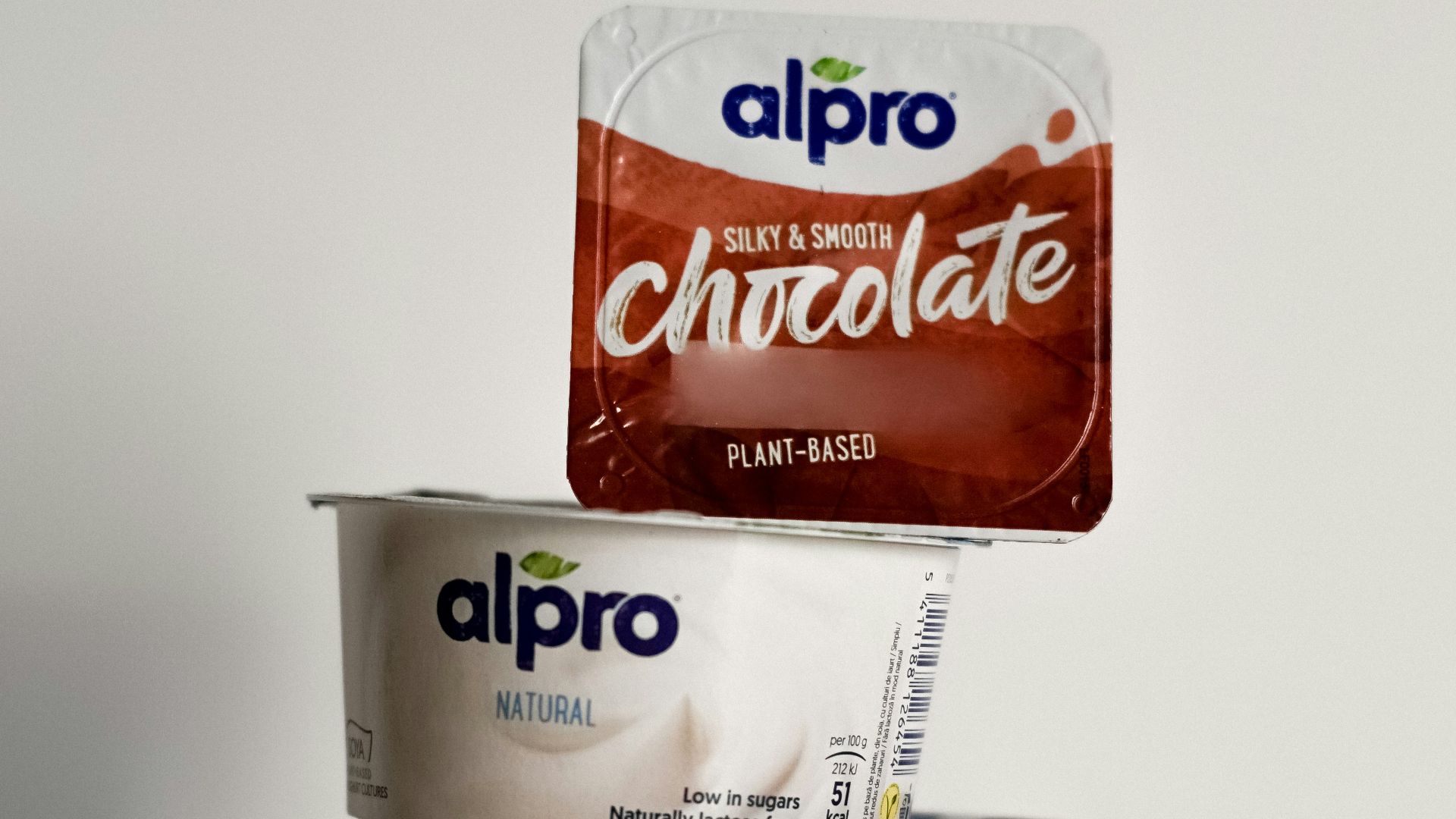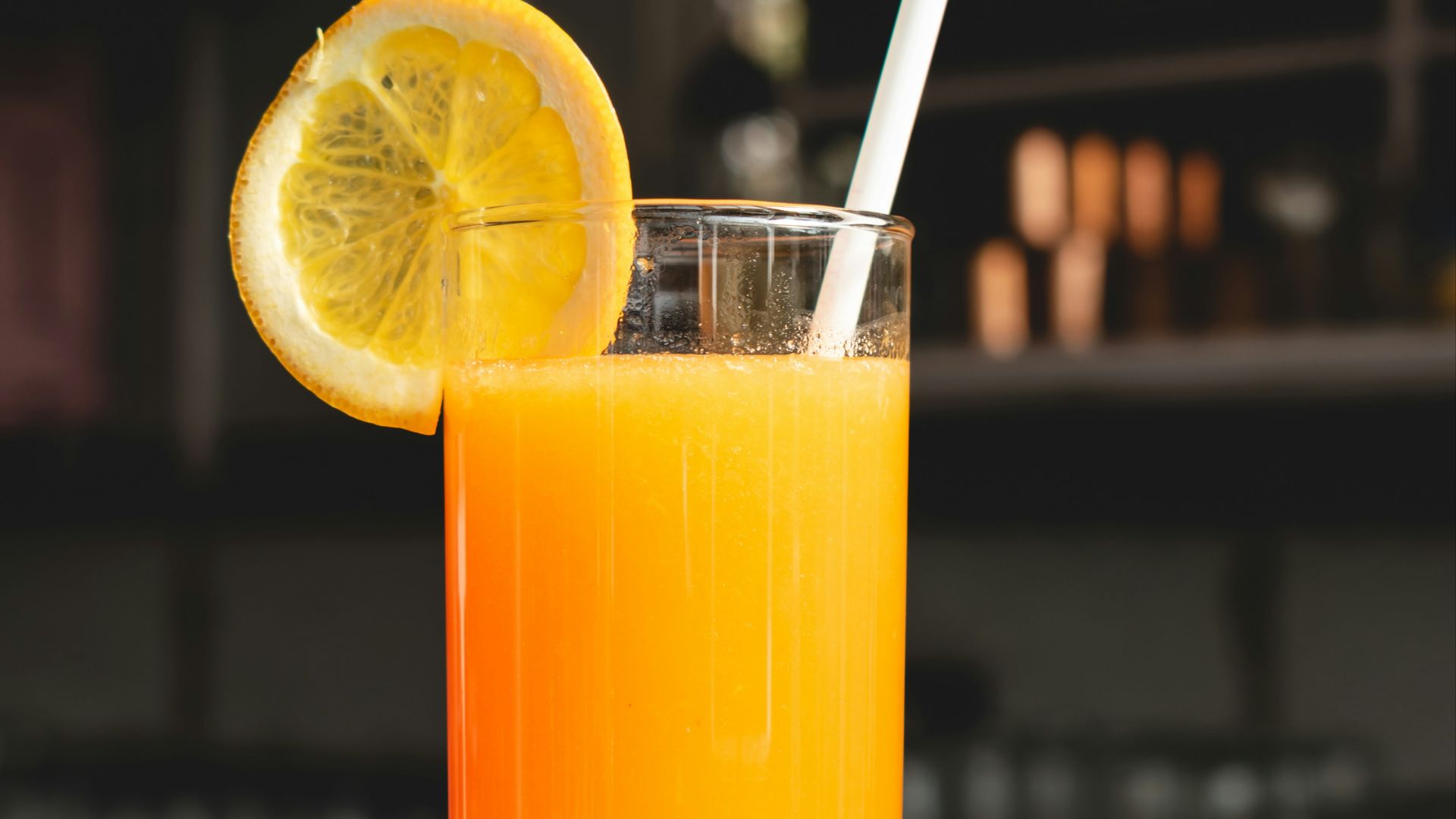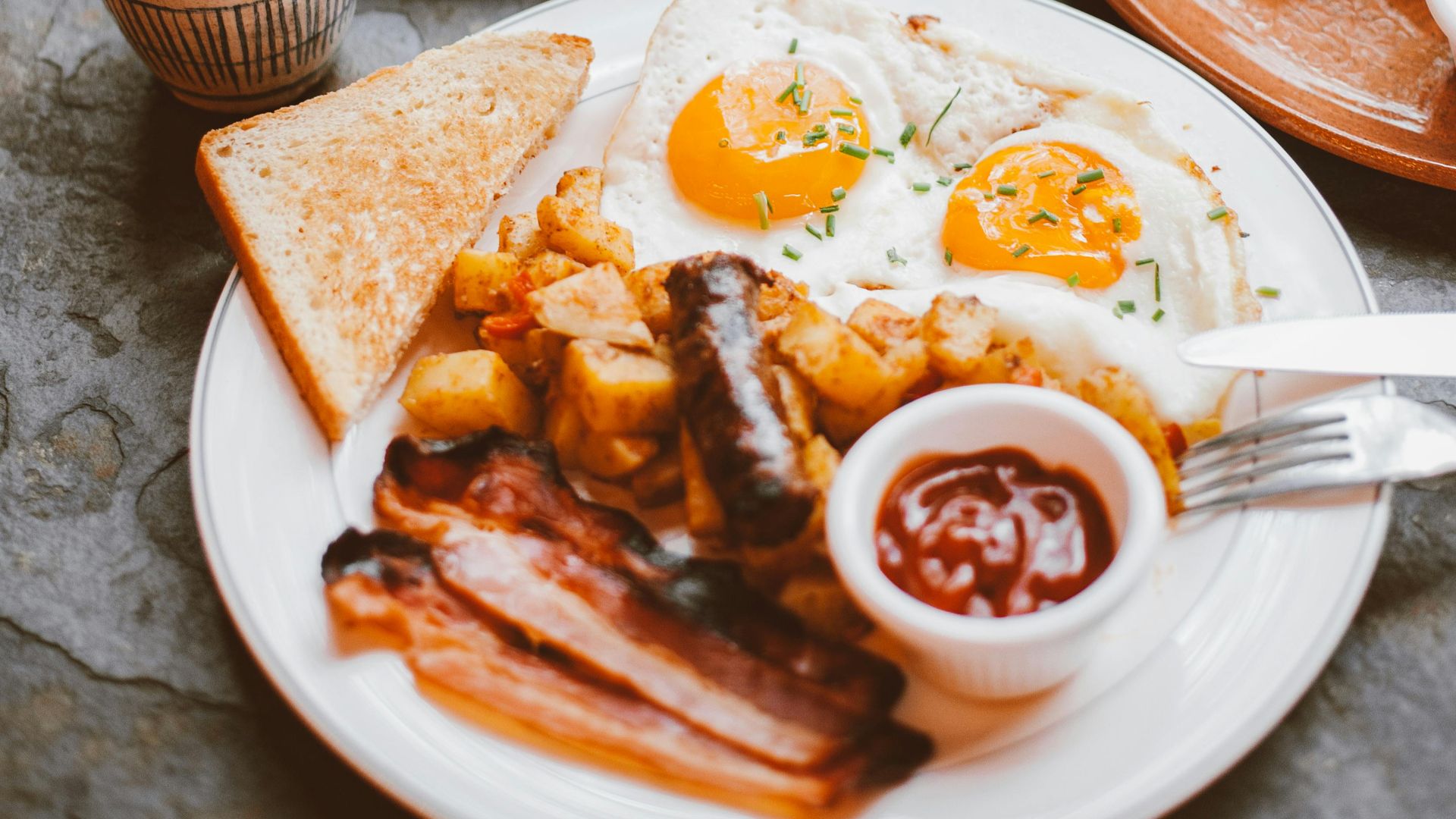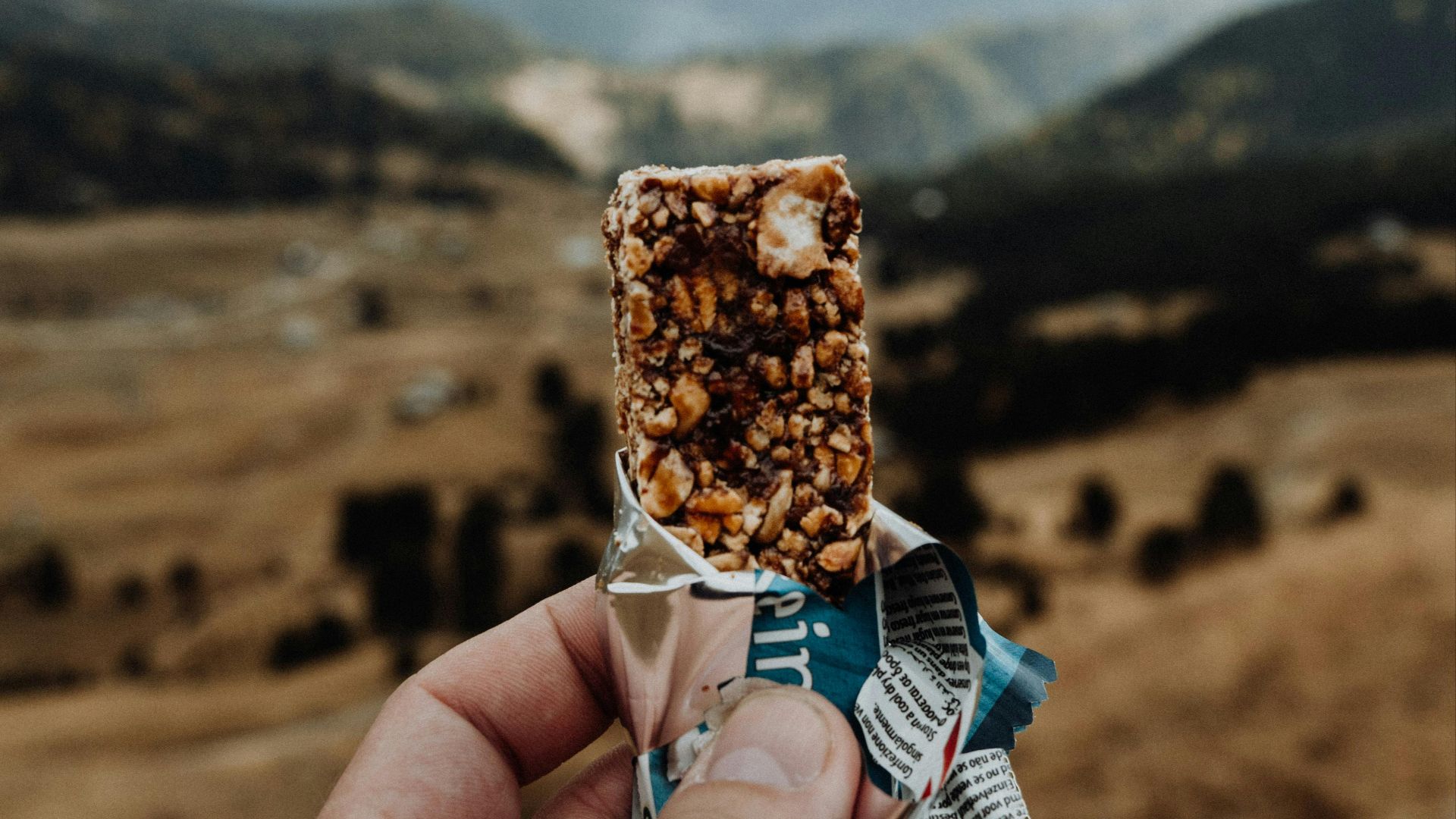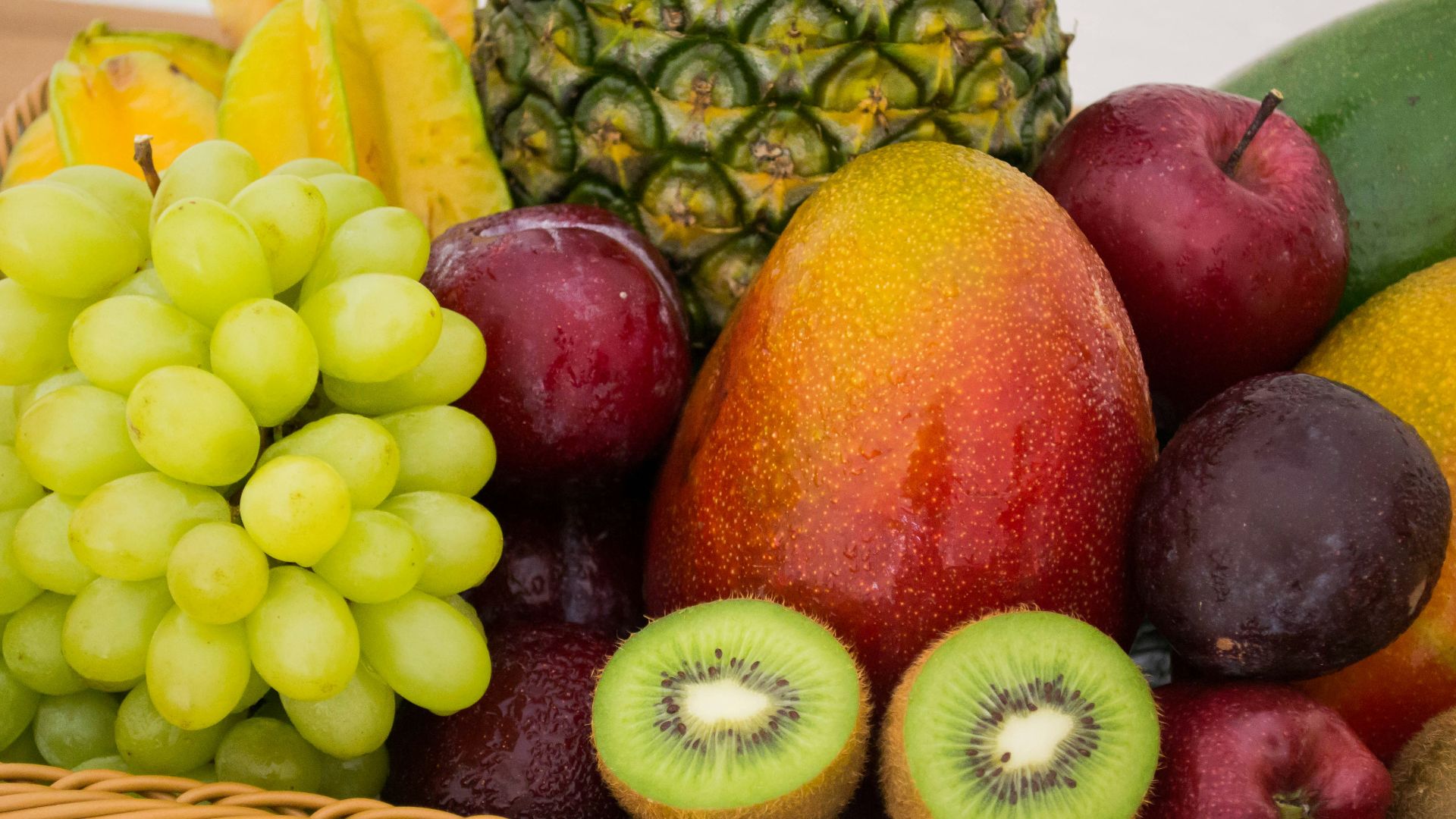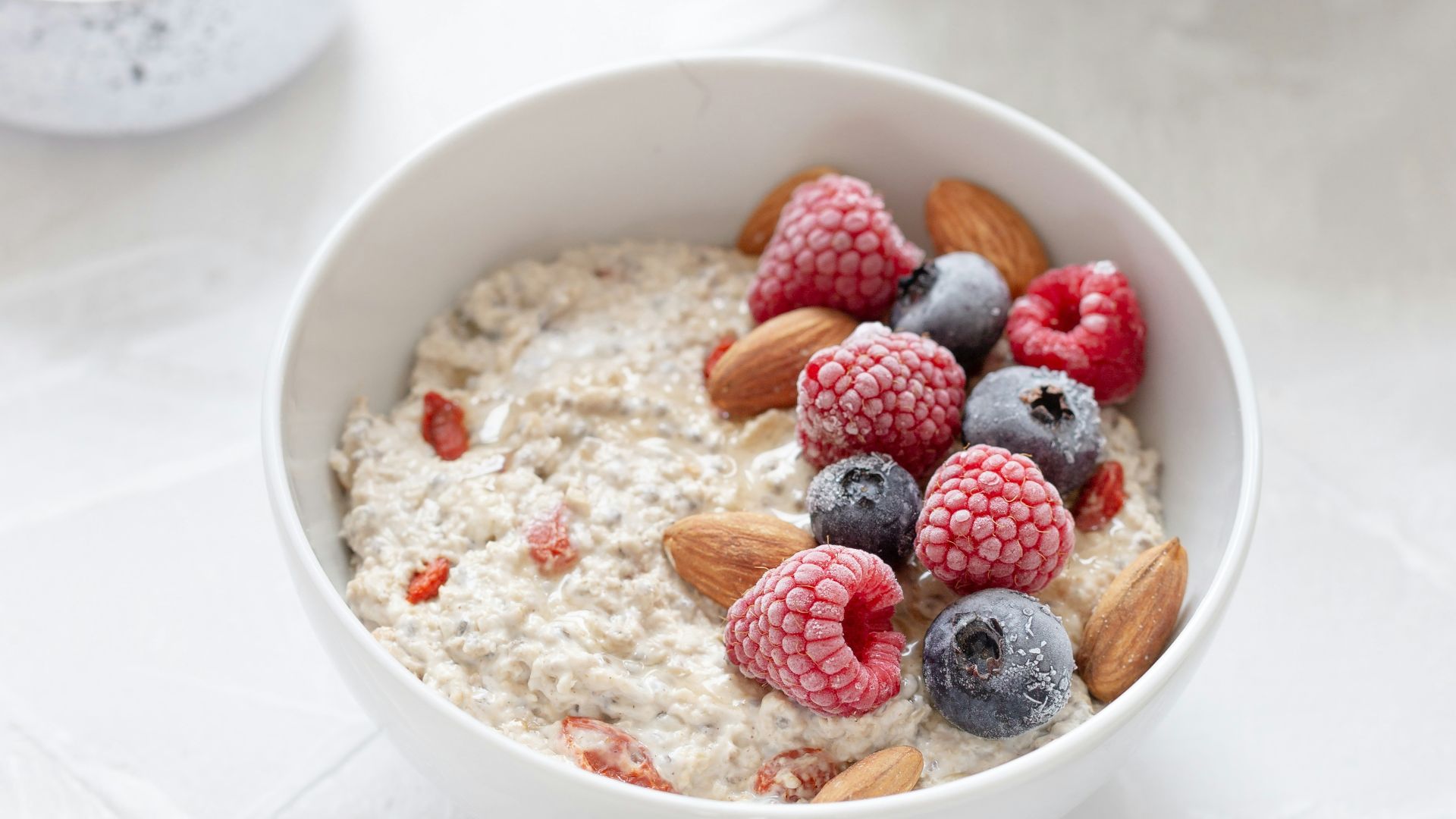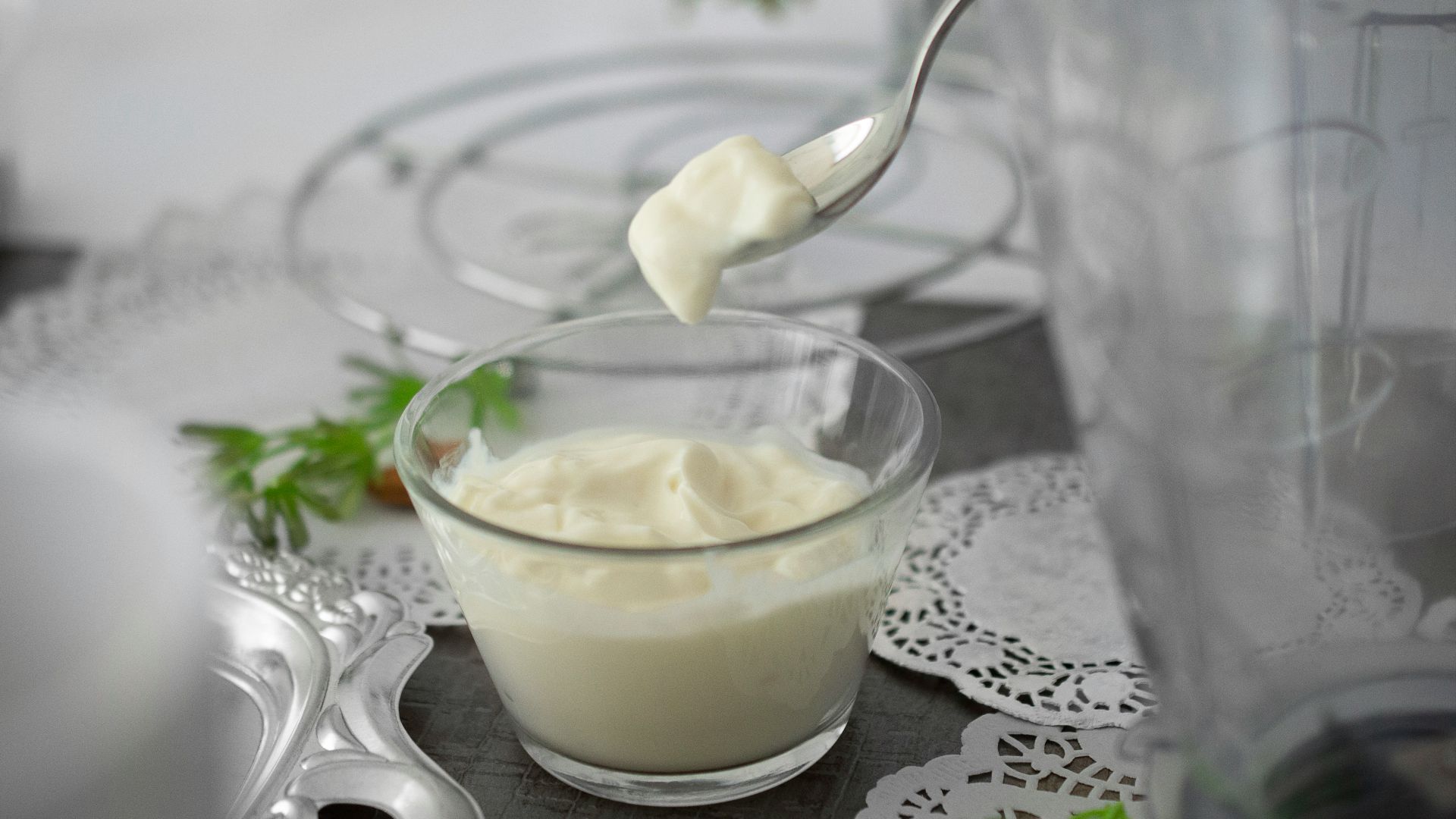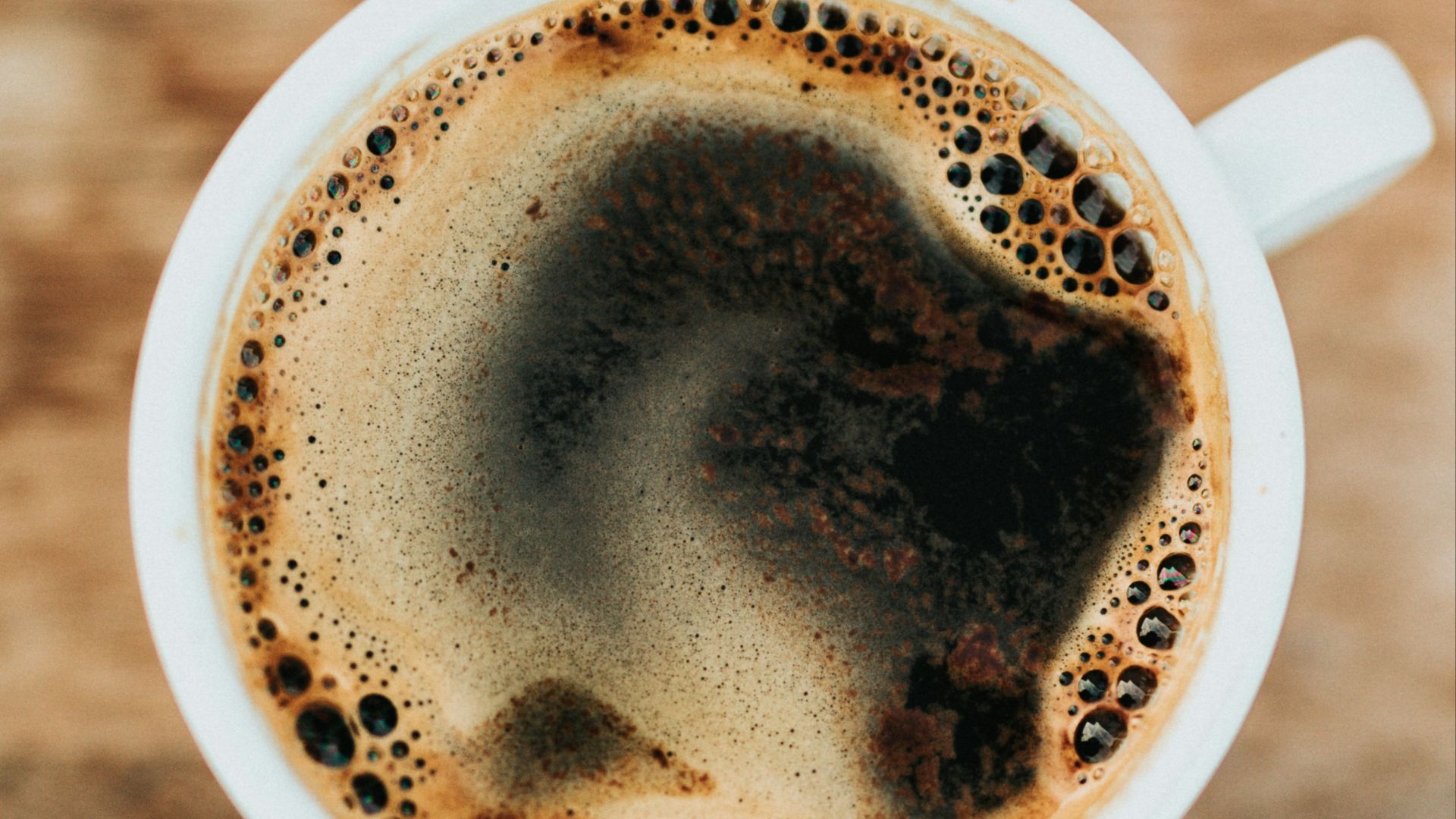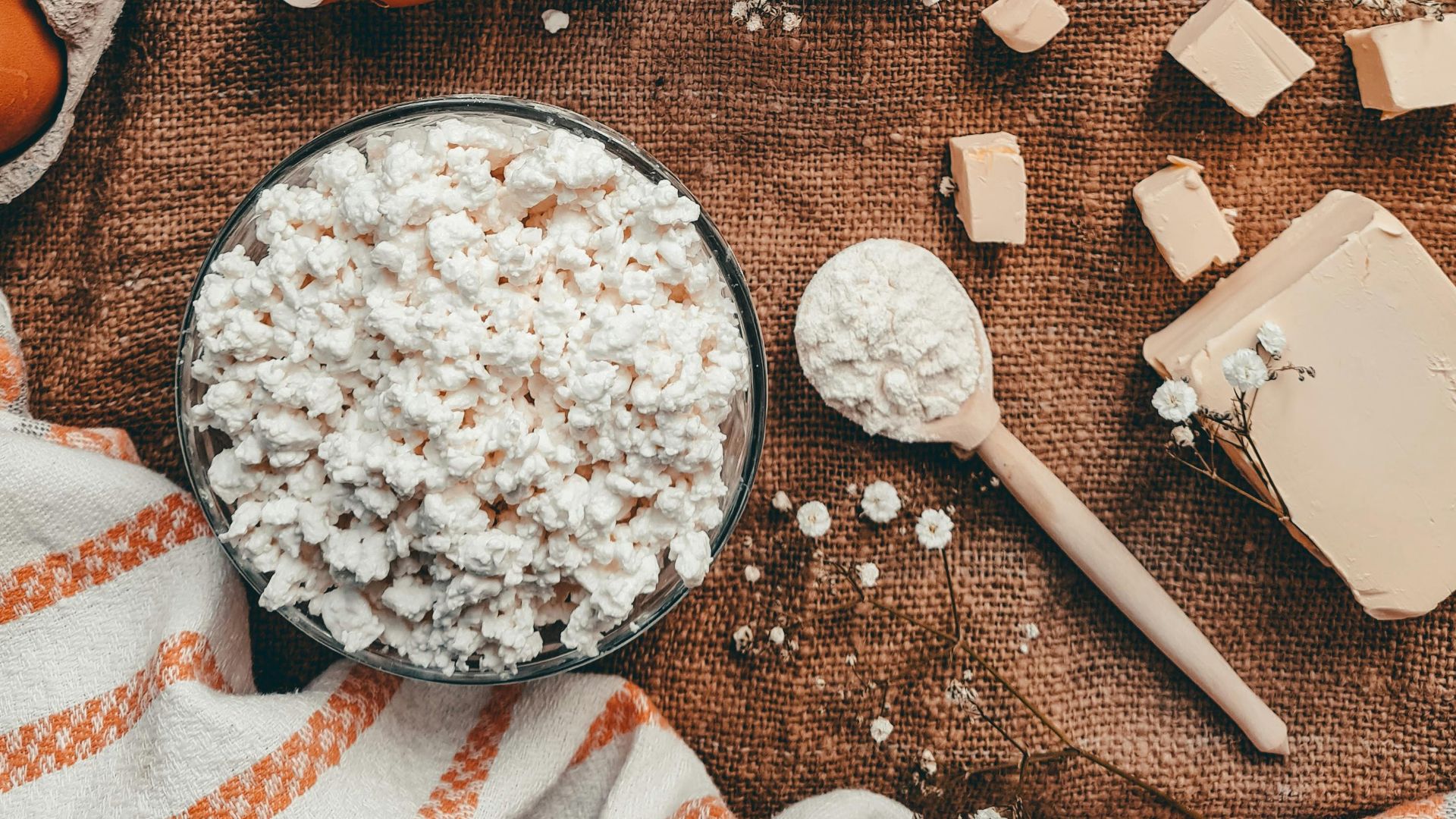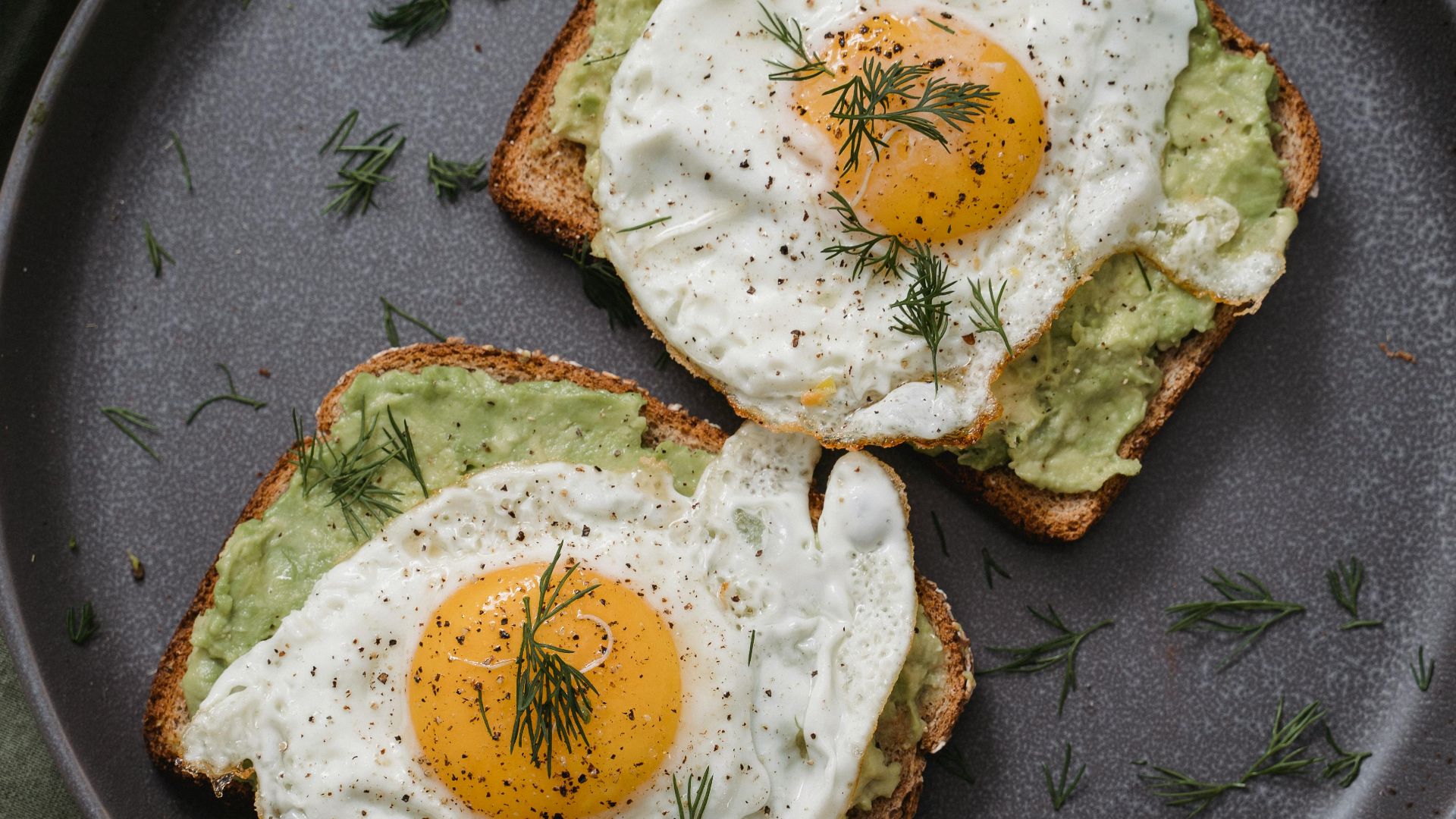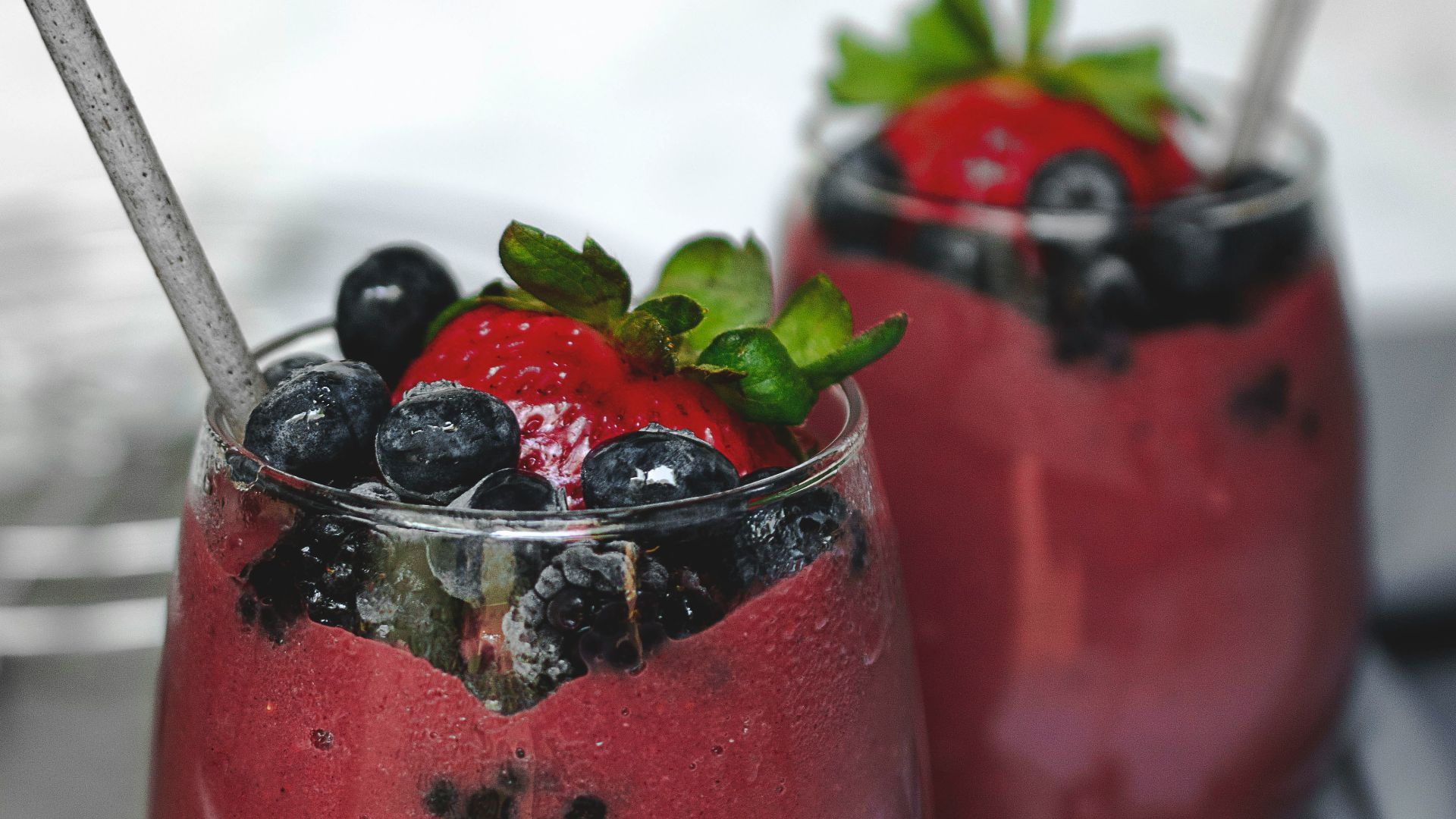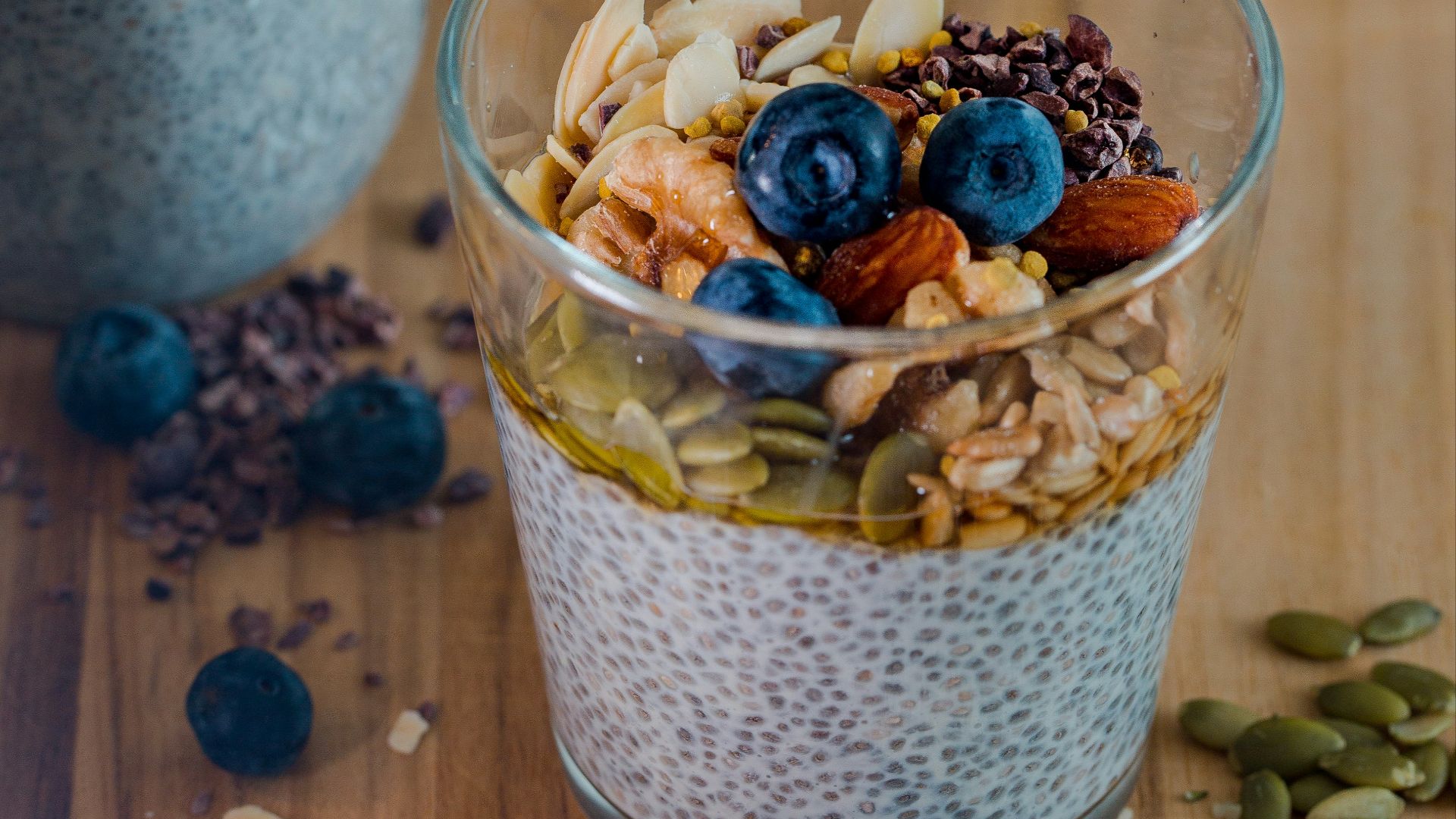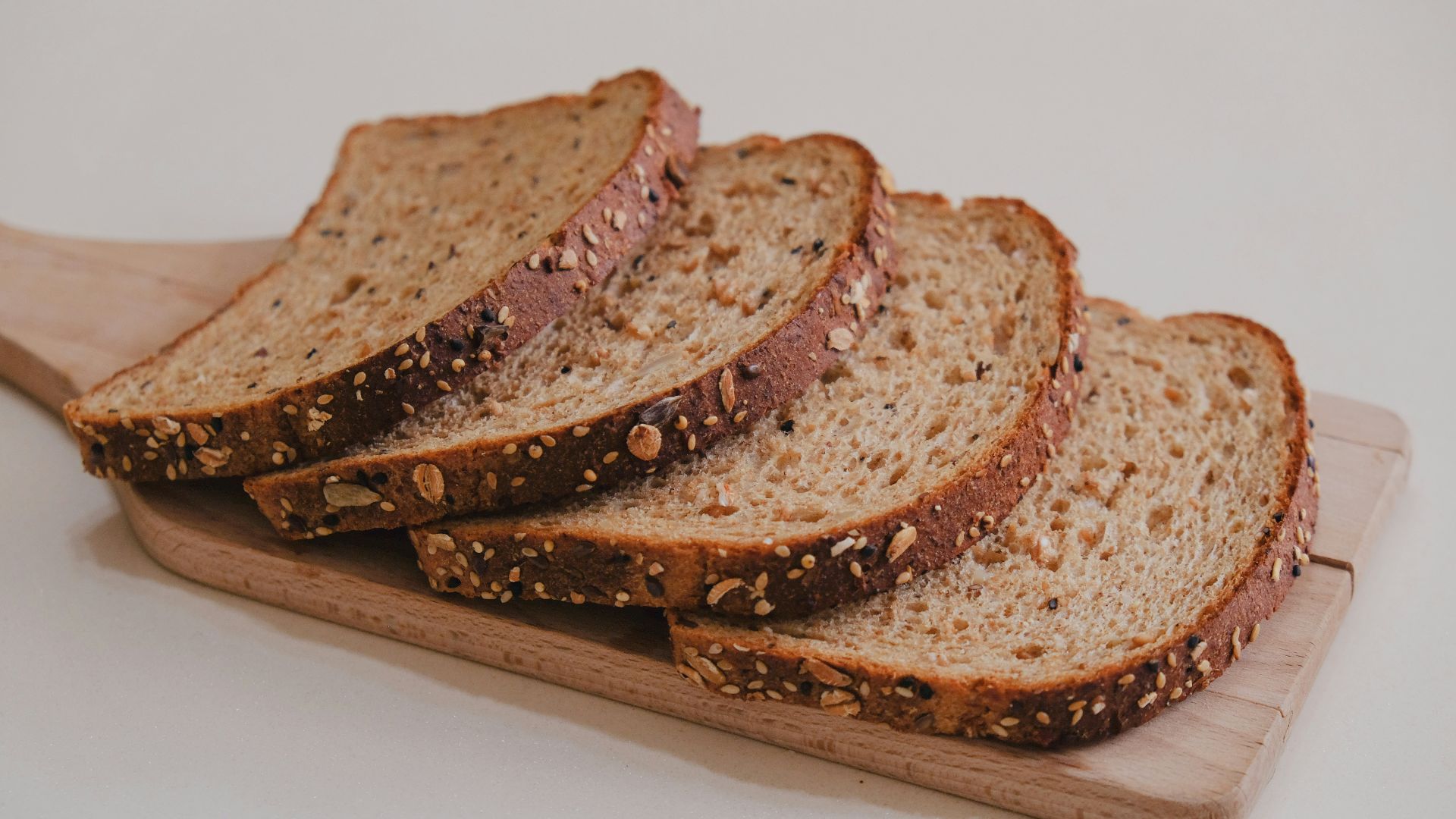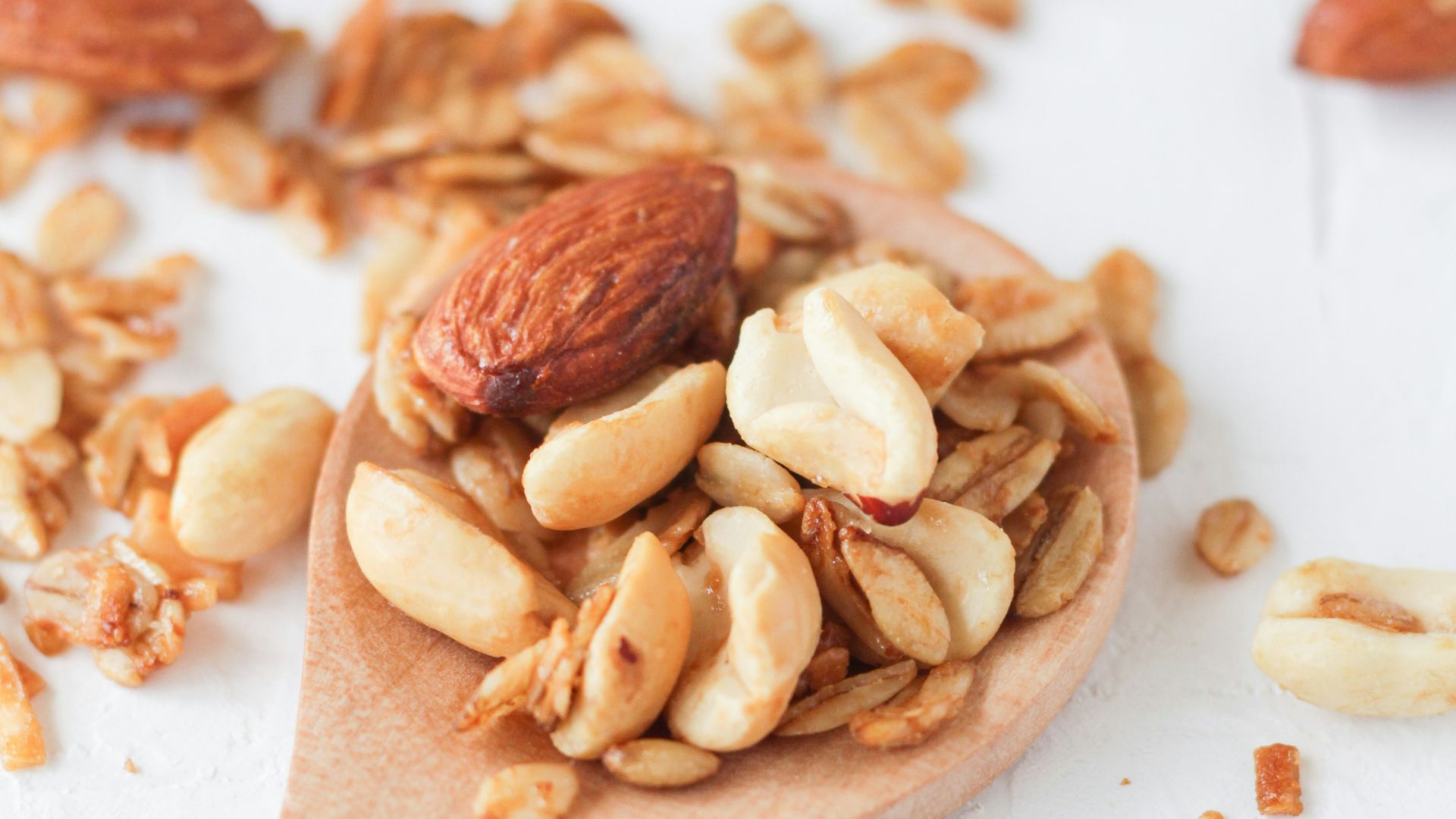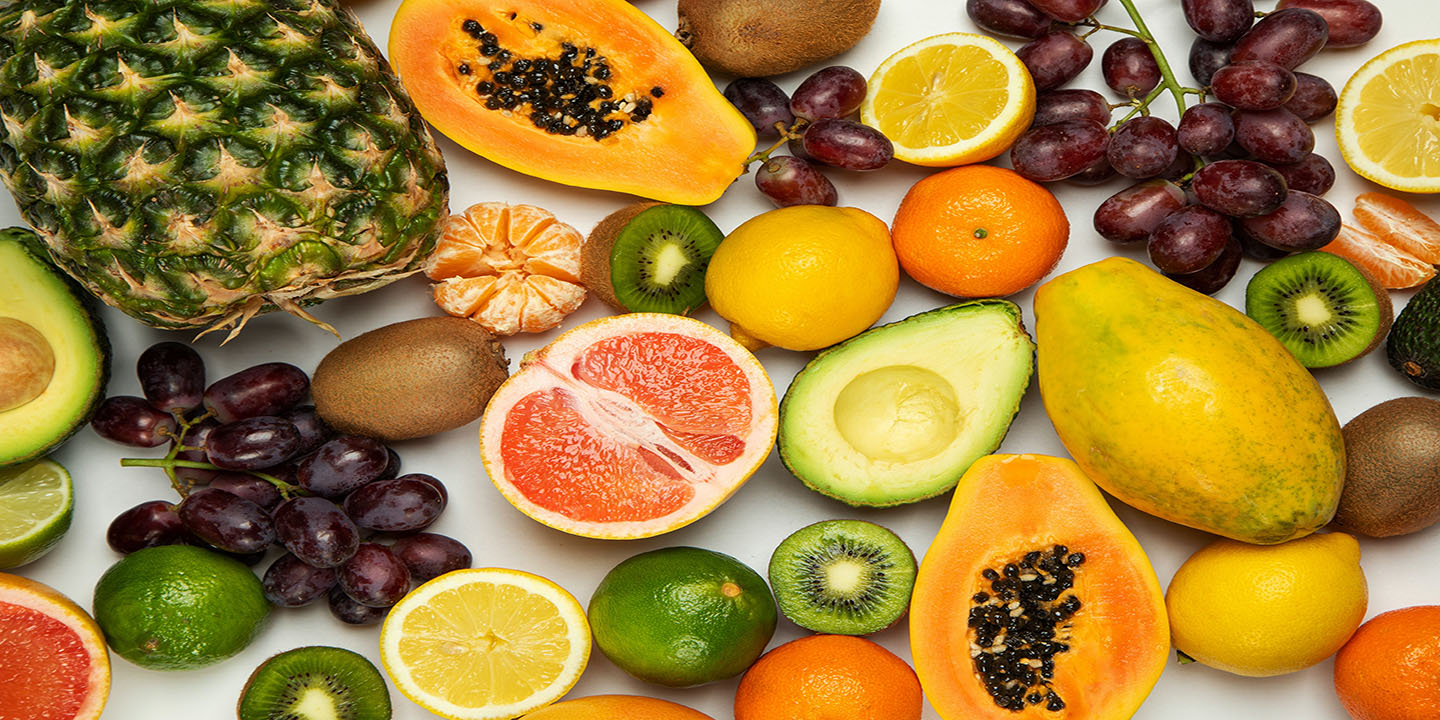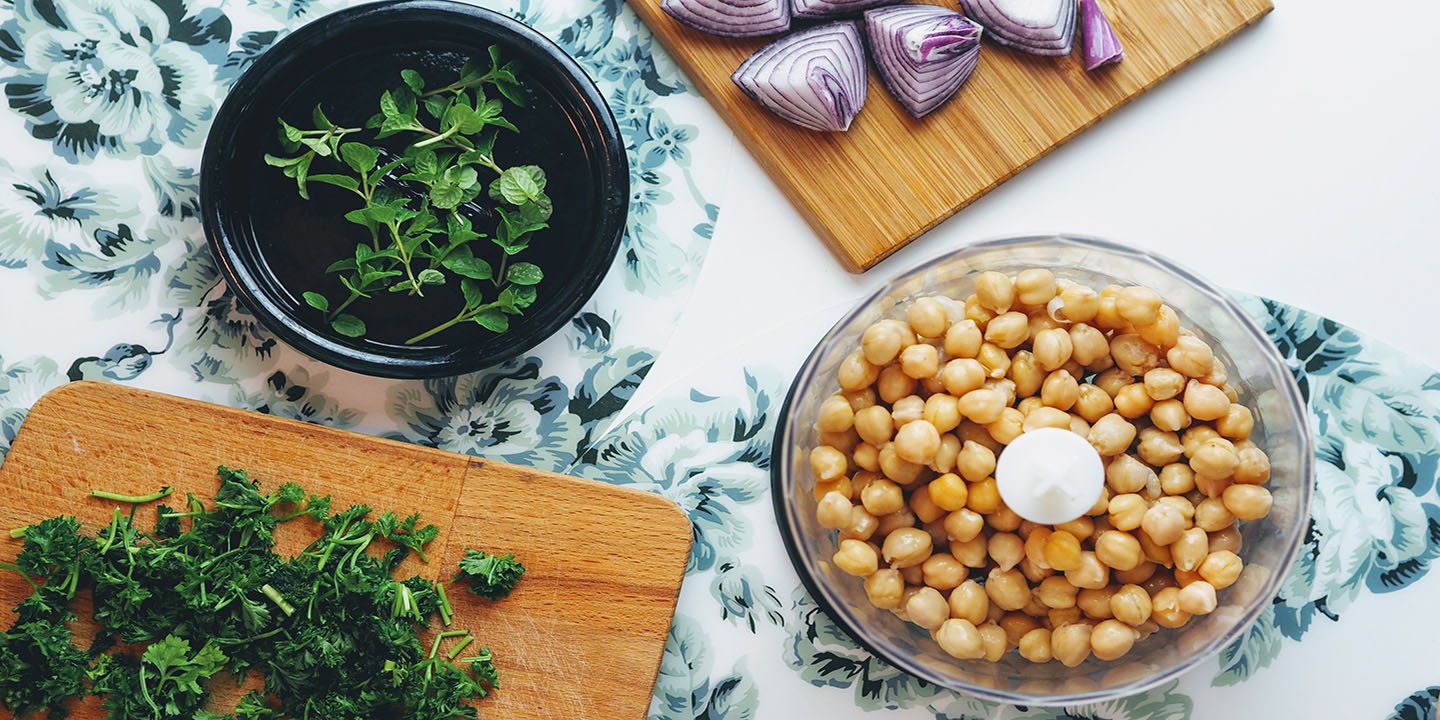10 Breakfast Foods That Are Making You Sad & 10 That Set You Up For A Happy Day
10 Breakfast Foods That Are Making You Sad & 10 That Set You Up For A Happy Day
Is Your Morning Meal Messing With Your Mood?
They say breakfast is the most important meal of the day, and they have a point. The first thing you eat in the morning can set your tone for the rest of the day. Choosing the right foods can boost your energy, focus, and happiness, while the wrong ones can drain you, give you brain fog, and kill your mood. Here are 10 breakfast foods that are making you sad and 10 that help you start your day off right.
1. Danishes & Croissants
Danishes and croissants are an essential part of a continental breakfast. However, they're high in refined grains and sugars, which spike your blood sugar, leading to crashes and mood swings.
2. Sugary Cereals
Sugary cereals may be marketed as part of a complete breakfast, but they're nothing more than highly processed junk food. They cause blood sugar crashes, and frequent consumption can worsen symptoms of depression and anxiety.
3. Pancakes
Pancakes are another classic breakfast food that's nothing more than refined white flour and sugar. In addition to causing mood-destroying sugar crashes, ultra-processed mixes contain ingredients that cause inflammation, which can disrupt the production of neurotransmitters like serotonin.
4. White Toast With Butter
White toast with butter is a classic breakfast option that's easy to reach for even when you have virtually no food in the house. However, white bread, especially the factory-produced kind, is extremely low in nutrients, highly processed, and full of blood sugar-spiking refined carbs. Meanwhile, butter is a saturated fat, which has been linked to anxiety and may disrupt dopamine production.
5. Muffins
Muffins are marketed as a healthy baked good, but many store-bought options are just as unhealthy as cake or other desserts. The high sugar, fat, and refined carb content can give you feelings of instant gratification, but lead to blood sugar crashes, fatigue, and irritability.
6. Pop-Tarts
Pop-Tarts and other toaster pastries are some of the worst foods you can eat for breakfast. They're void of any nutritional content, packed with sugar and refined carbs, and are an ultra-processed food, causing blood sugar spikes and crashes that affect your mood and energy.
7. Flavored Yogurt
While yogurt is excellent for your health, avoid the sweetened, flavored varieties at all costs. They're loaded in sugar, which can create blood sugar spikes and crashes that negatively affect your mood and can lead to worsened depression symptoms over time.
8. Fruit Juice
Fruit juice like orange juice is a breakfast staple for many people, but it's essentially a glass of sugar because juicing strips the fiber away from the whole fruit. Drinking a glass of juice every day can contribute too much sugar to your diet, which can lead to hormonal fluctuations and inflammation, contributing to mood disorders.
9. Processed Meats
Processed meats like bacon, ham, and sausage are commonly served alongside eggs and toast for a classic American breakfast; however, they create inflammation, which is connected to anxiety and depression. What's more, they contain nitrates, which studies suggest may be connected to manic episodes.
10. Breakfast Bars
Breakfast bars may contain some oats, nuts, and other nutritious ingredients, but it defeats their purpose if all that healthy stuff is held together with sugary syrup. Most breakfast bars on the market are highly processed and full of added sugar, which creates mood swings and spikes cortisol levels.
Now that we've discussed the things you shouldn't be eating for breakfast if you want to have a happy day, let's talk about the things you should.
1. Fruit
Fruit is full of fiber, vitamins, minerals, and natural sugars. Fiber prevents blood sugar spikes and crashes, and many fruits also contain antioxidants, which stave off inflammation. Bananas are a source of tryptophan, which plays a role in the production of the feel-good hormone, serotonin.
2. Oatmeal
There's nothing like a warm, cozy, and comforting bowl of oatmeal to start your day off right. Oats are a whole grain that provides sustained energy, supports your gut, and boosts the production of happiness hormones.
3. Greek Yogurt
Greek yogurt is high in protein, which plays a role in dopamine production, and contains probiotics, which create a healthy gut-brain axis. It's also a source of tryptophan, the precursor to serotonin, and vitamin D, which is crucial for mood regulation
4. Black Coffee
Drinking coffee in the morning is more than a comforting ritual. Caffeine stimulates the release of dopamine, lifting your mood, and blocks adenosine, a chemical linked with depression and anxiety. Just make sure to have it without any sugar to prevent blood sugar crashes.
5. Cottage Cheese
Cottage cheese is a great high-protein, zero-carb breakfast option. In addition to its protein content, it also contains amino acids and tryptophan, all of which play roles in the production of mood-boosting neurotransmitters.
6. Eggs
Eggs are a source of protein that provides you with a steady source of energy. They also contain amino acids, B vitamins, and choline, all of which are crucial for the production of mood-boosting neurotransmitters.
7. Smoothies
Homemade smoothies are an excellent way to get a lot of mood-boosting fruit and fiber in your diet. You can also add protein powder to make you feel fuller longer and support dopamine production.
8. Chia Pudding
Chia seeds are packed with omega-3 fatty acids, which support your brain and mood. They also contain soluble fiber, which supports the gu,t and magnesium, which has been linked to a reduction in depression symptoms.
9. Whole Grain Toast
Whole-grain bread is full of fiber, which prevents blood sugar spikes and crashes. Whole grains also contain tryptophan, magnesium, and zinc, which may help lower anxiety and depression.
10. Nuts
How about a smear of nut butter on that whole grain toast or a handful of almonds in your oatmeal? Nuts are a great source of healthy fats, magnesium, omega-3 fatty acids, and B vitamins, all of which are crucial for optimal brain functioning and mental health.
KEEP ON READING

The Most Popular Signature Dishes Around the World




